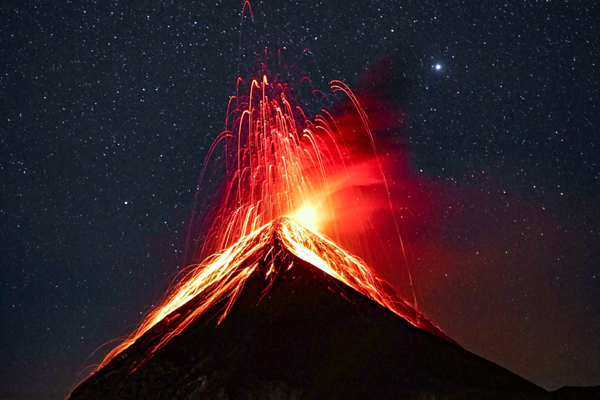-
Choose the Right Destination: Research and select a remote location that is known for its excellent stargazing conditions. Look for places with minimal light pollution, high elevations, and clear skies. Some popular remote stargazing destinations include deserts, mountains, and islands.
-
Check the Weather: Before planning your trip, research the climate and weather conditions of your chosen destination. Clear, cloudless skies are crucial for stargazing. Consider visiting during a season when the weather is most likely to be favorable for stargazing.
-
Bring the Right Equipment: To fully enjoy stargazing, you may want to invest in or rent some equipment, such as a good-quality telescope or binoculars. A star chart or a stargazing app can help you identify constellations and celestial objects. Don't forget to pack a comfortable chair or blanket for reclining.
-
Limit Light Pollution: Even in remote areas, it's essential to minimize your own light pollution. Use a red flashlight instead of white light to preserve your night vision, and avoid using electronic devices with bright screens. Be considerate of others in the area as well.
-
Be Patient: Stargazing often requires patience. It can take time for your eyes to adjust to the darkness, and some celestial events may require you to wait. Bring some reading material or enjoy the peaceful surroundings while you wait for the perfect moment.
-
Learn about the Night Sky: Familiarize yourself with the night sky and its constellations before your trip. This knowledge will enhance your stargazing experience and make it more enjoyable.
-
Observe Meteor Showers and Celestial Events: Plan your stargazing trips to coincide with meteor showers, eclipses, or other celestial events. These events offer stunning displays that you won't want to miss.
-
Safety First: When visiting remote areas, ensure your safety by informing someone about your plans and expected return time. Dress warmly, bring enough water and food, and be aware of any wildlife or natural hazards in the area.
-
Take Photos: If you're interested in astrophotography, bring a camera and a tripod to capture the beauty of the night sky. Remote locations with minimal light pollution are ideal for astrophotography.
-
Reflect and Connect: Stargazing in remote places can be a deeply spiritual and meditative experience. Take time to reflect on the vastness of the universe and your place within it. Connect with the cosmos in your own way, whether through meditation or quiet contemplation.
Remember that stargazing in remote locations may require some travel and preparation, but the experience of connecting with the universe in such pristine settings can be truly transformative and inspiring. It's an opportunity to disconnect from the noise of daily life and reconnect with the natural wonders of the night sky.




Comments (0)